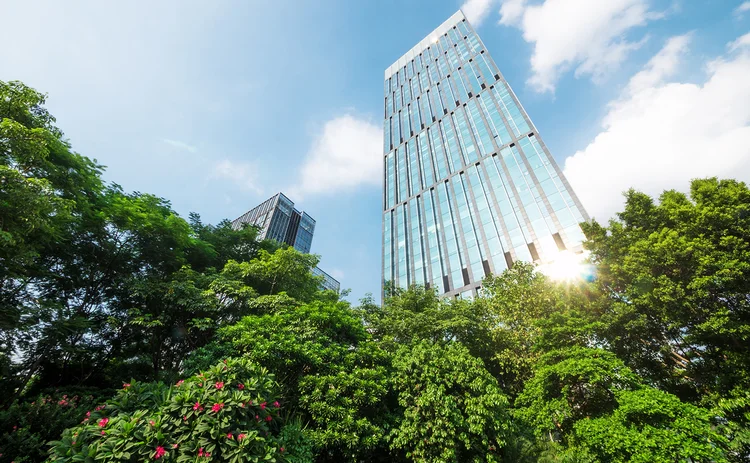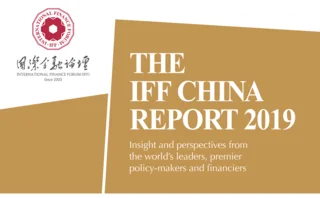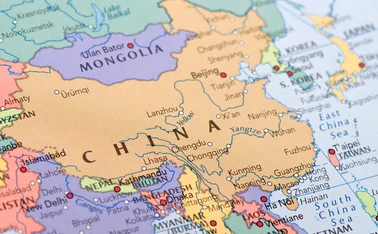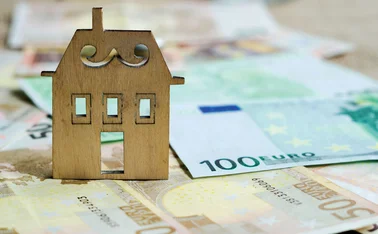
Developing green finance in Guangzhou


In June 2017, Guangzhou was approved as one of five pilot zones established in China to promote green finance and assist state efforts to tackle pollution. The capital of the industrialised Guangdong Province, Guangzhou, on China’s south-east coast, has been encouraged to develop credit mechanisms to support energy conservation and the reduction of emissions. Under the leadership of the People’s Bank of China – and after more than a year of exploration and practice – Guangzhou has managed to create a favourable environment for green finance. Corresponding policies, market incentives and preliminary restraint mechanisms have been established, and green financial products and services have begun to emerge. Throughout the process, the region has gained a great deal of expertise in the sector.
The purpose of developing green finance is to develop funds that can be channelled into sustainable, energy-saving and environmentally friendly products and projects. Finding a way to standardise this is a prerequisite. Since the approval of the pilot area, Guangzhou has focused on creating a standardisation system and has begun exploring the viability of certification standards for these ecologically sound enterprises and projects.

There is also a need to analyse the commercial sustainability of green finance. Guangzhou has always been market-orientated, allowing the market to dictate where resources are allocated. Ensuring there are promotion incentives for businesses has been crucial; policies such as the ‘1+4’ green finance policy portfolio have increased financial support for green finance. In addition, the Guangzhou branch of the People’s Bank of China has implemented policies to expand the number of firms eligible for green credit.
Financial products and services also need to be upgraded to match the financing needs of green projects. Financial institutions in Guangzhou have taken action – banks have upgraded their sub-branches to green branches or set up green financial business units and financial innovation centres; green financial debts have been issued; green insurance products and corporate bonds have been introduced. The Guangzhou municipal government is also considering issuing market bonds to support green welfare projects, while the equity centre has also set up environmental protection sectors.
Stability is also of the utmost importance, which is why the region is currently constructing a green financial risk prevention and resolution mechanism. The framework will strengthen the tracking, monitoring and evaluation of green credit, and firmly uphold the bottom line of risk.
For businesses to take advantage of the opportunities offered by the Guangdong–Hong Kong–Macao Greater Bay Area, certain policies should be enacted:
- A statistical index system to regularly release project information and guide investment in green industries.
- A unified green standard for the Greater Bay Area.
- Stronger connectivity between capital markets within the Greater Bay Area. Hong Kong is an international financial centre and an offshore renminbi centre. Macao is an important conduit to Portuguese-speaking countries, while Guangzhou and Shenzhen are regional financial centres on the mainland. The Greater Bay Area Development must clarify the different function of each city within the region to expand financing channels for green projects, and attract domestic and overseas investment to support green development.
- A green project database to share project information among financial institutions in Hong Kong and Macao. In the meantime, banks should promote and co-ordinate their loan offerings, providing financial support for green enterprises and projects.
- New types of futures exchanges, which must allow ecological products and carbon emission trading.
- A campaign on green finance and strengthened communication with overseas counterparts to enhance the Greater Bay Area’s international influence. Perhaps a green finance alliance could be created to strengthen institutional co-operation and industrial self-discipline.
Only users who have a paid subscription or are part of a corporate subscription are able to print or copy content.
To access these options, along with all other subscription benefits, please contact info@centralbanking.com or view our subscription options here: www.centralbanking.com/subscriptions
You are currently unable to print this content. Please contact info@centralbanking.com to find out more.
You are currently unable to copy this content. Please contact info@centralbanking.com to find out more.
Copyright Infopro Digital Limited. All rights reserved.
As outlined in our terms and conditions, https://www.infopro-digital.com/terms-and-conditions/subscriptions/ (point 2.4), printing is limited to a single copy.
If you would like to purchase additional rights please email info@centralbanking.com
Copyright Infopro Digital Limited. All rights reserved.
You may share this content using our article tools. As outlined in our terms and conditions, https://www.infopro-digital.com/terms-and-conditions/subscriptions/ (clause 2.4), an Authorised User may only make one copy of the materials for their own personal use. You must also comply with the restrictions in clause 2.5.
If you would like to purchase additional rights please email info@centralbanking.com







